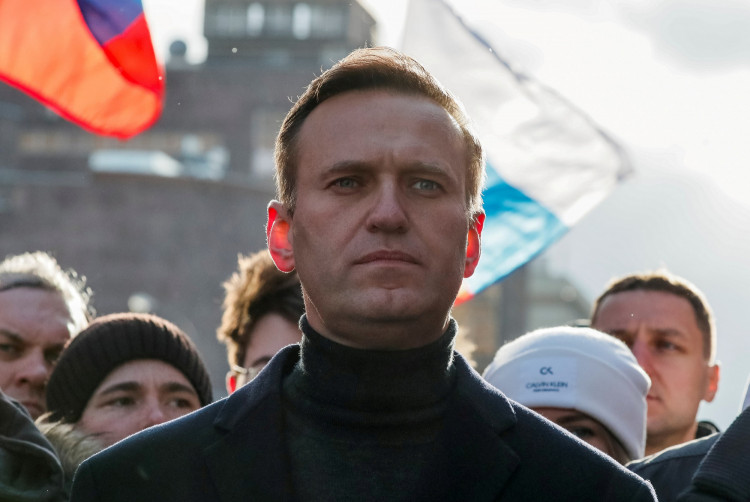Alexei Navalny, the most prominent critic of the Kremlin, has died under enigmatic circumstances at a penal colony located in the remote reaches of the Arctic Circle. Navalny, aged 47, who had been a persistent thorn in the side of President Vladimir Putin by exposing corruption and orchestrating significant anti-government protests, reportedly collapsed and lost consciousness shortly after an outdoor walk at the IK-3 facility in Kharp, according to the Russian Federal Penitentiary Service.
The sudden demise of Navalny, just a month prior to Russia's presidential election, has ignited a firestorm of speculation and condemnation, particularly from Western governments. Swedish Foreign Minister Tobias Billstrom lamented the news as "another terrible crime by Putin's regime," highlighting the incident as a stark reminder of the relentless crackdown on dissent within Russia, according to Reuters.
Navalny's legal saga has been marred by controversy, especially following his audacious return to Russia in 2021 from Germany, where he recuperated from a poisoning attack with a Novichok nerve agent-a claim substantiated by Western laboratories but vehemently denied by the Kremlin. His subsequent arrest and the litany of charges levied against him, which Navalny and his supporters decry as politically motivated, have kept him behind bars amid growing concerns for his well-being.
The Russian prison service's brief statement noted that Navalny "felt unwell" following a walk and succumbed despite immediate resuscitation efforts. The cause of death remains under investigation, with authorities quick to inform Putin of the development. However, Navalny's allies, including aide Leonid Volkov, have insinuated foul play, suggesting that the official narrative might be a thinly veiled confession of a state-sanctioned killing.
Dmitry Muratov, a Russian newspaper editor and Nobel Peace Prize laureate, echoed this sentiment, attributing Navalny's death to the harsh conditions of his detention, effectively labeling it as "murder." This assertion is bolstered by Navalny's fearless stance against the Kremlin's alleged excesses, famously encapsulated in his 2011 retort to a Reuters inquiry about his fearlessness: "That's the difference between me and you: you are afraid and I am not afraid."
The reaction to Navalny's death extends beyond diplomatic expressions of dismay, with his spokesperson, Kira Yarmysh, confirming that Navalny's legal counsel is en route to the penal colony for further clarification. The implications of Navalny's passing are profound, not only for the landscape of Russian opposition but also for the international perception of Putin's Russia as it stands on the cusp of another electoral milestone.
As details continue to emerge, the global community watches closely, with Navalny's legacy of defiance and the circumstances of his untimely death serving as a grim reminder of the perils faced by those who dare to challenge the Kremlin's dominion.




